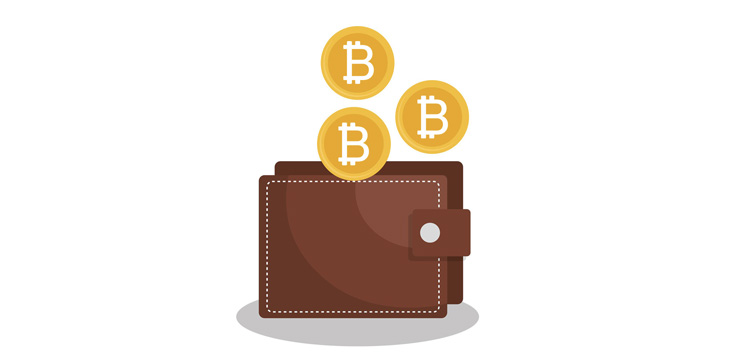|
Getting your Trinity Audio player ready...
|
For those unfamiliar with the term brain wallet, it is a concept that seeks to have cryptocurrency holders create a pseudo-random seed phrase in order to protect the assets stored in a wallet. A number of crypto wallets incorporate this type of security protection and it is, in general, effective. However, a brain wallet is not meant to be a password and shouldn’t be viewed as one. Dr. Craig Wright explores brain wallets in a new post on Medium, and even offers a challenge that will see someone be able to take possession of a particular wallet’s holdings if the wallet is compromised.
Wright explains, “If you are storing millions of dollars in a single key, then a simple 12-word brain wallet is a very bad idea. If you are storing USD50 worth of value, not many people are going to seek to crack your passphrase. The reality is that the cranks in the industry love to tell you that you must have perfect security for everything. Seeking such an end is completely wrong.
“They, like many in Core, will tell you never to use a brain wallet. The reality, though, is that nobody will crack a good phrase. What they should be teaching is how to create a good brain wallet. Done well, it is completely secure and you can ignore the cries of ‘it’s not perfect.’”
Wright delves into the difficulty of trying to crack 20-character passwords and asserts that the most secure method of creating a brain wallet is to ensure that you sue something “that no one will guess or find and modify.”
The leading crypto expert also goes so far as to explain, in detail, how he developed security for a wallet containing 50 Bitcoin Core (BTC). He asserts, “I do not believe someone will find my key. The key has 50 bitcoin associated with it — in fact, it holds/controls 50 bitcoin before any split and has never been spent. It is a brain wallet, and even telling you so and giving you the data needed, I propose that it remains secure.”
He adds, “I am also going to categorically claim that with the money remaining in the wallet, it will not be discovered even with the clues.”
Wright points out that users can try to crack the wallet, and that it won’t be stealing—it’s a prize. He gives another clue, telling everyone that the wallet was hashed using SHA512, not SHA256.
The point of the exercise is to show how to improve security, eliminating risks of compromised wallets. Wright asserts, “Done well, it is completely secure and you can ignore the cries of ‘it’s not perfect.’”
There’s a serious amount of money waiting to be taken from the crypto wallet. Let the challenge begin.

 02-24-2026
02-24-2026 




